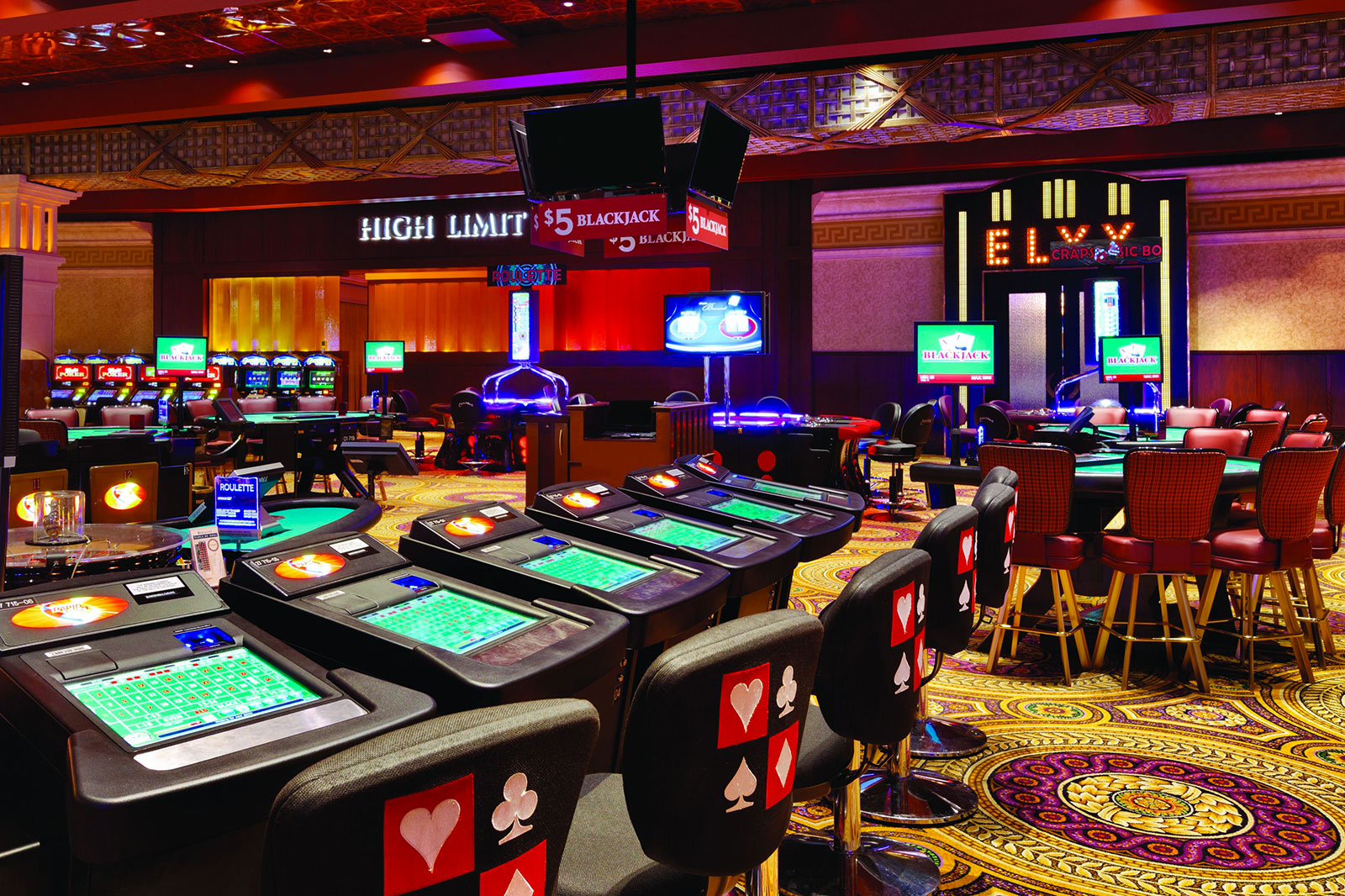In what way Gambling Games Reflect the Humanity's Journey

Gambling games have long been a staple in human culture, offering not just entertainment but a fascinating reflection of our aspirations, ambitions, and concerns. From the rotating wheels of a slot machine to the tactical play of poker, these games encapsulate a range of human sentiments and experiences. At their core, casino games are not just a chance to make profits; they are a microcosm of life itself, where risk and reward converge and fate can change in an instant.
As players gather around tables or sit in front of brightly lit machines, they participate in a ritual that transcends mere betting. These games echo our innate desires for relationships, thrill, and the pursuit of luck. They also reveal deeper truths about human nature, such as our relationship with luck and the thrill of uncertainty. In exploring casino games, we reveal not only the mechanics of play but also the complex weave of the human story, showcasing our woven narratives of goal and reality.
The Mind Behind Gambling
Gambling is deeply rooted in human psychology, appealing to various feelings and wants. The thrill of taking risks is a fundamental aspect that draws players in, be it the excitement of spinning a roulette wheel or the anticipation of drawing a winning card in a poker game. This adrenaline is frequently likened to other forms of thrill, as the uncertainty of outcomes elicits a unique psychological response. Players often find themselves captivated by the chance of winning big, leading to an almost magnetic draw toward casino games.
Additionally, a crucial component of the psychology behind gambling is the concept of optimism and ambition. Players often indulge in dreams of financial freedom and the opulent lifestyle that can follow winning. This optimism fuels their continued participation in gambling, as it provides a sense of purpose and the belief that a life-changing win could be just one wager away. The narrative of overcoming odds and finding success resonates with many, reinforcing their dedication to play and engage with these games.
Lastly, social dynamics play a significant role in gambling psychology. Casino environments are designed to foster social interaction, where gamblers gather to share the journey of wins and losses. This shared aspect not only amplifies enjoyment but also influences behavior, as individuals often mimic the actions of others around them. The collective approval found in mutual thrill can magnify the emotional experience, making casino games a reflection of not just personal desires but also collective engagement within the gambling community.
### Risk and Reward: A Double-Edged Sword
Gambling games embody the delicate balance between danger and reward that resonates profoundly with human psychology. The thrill of placing a bet is often accompanied by a rush of adrenaline, as players are confronted with the chance of winning big, yet fully aware of the possibility to suffer losses. This dual experience reflects a essential aspect of life: the choices we make often come with inherent risks, and the chase for gain can drive us to take chances we might not otherwise consider. In this way, gambling activities mirror real-world decisions, enticing players to gamble not just their money, but also their hopes.
The allure of grand jackpots and payouts fuels a wave of hope, motivating players to dream of a better future that could emerge from a single victorious spin of the wheel or flip of a card. This hope can motivate individuals to engage in riskier behaviors, urging them to extend their limits in search of monetary success. However, just as in life, the outcomes of these decisions can lead to both victory and loss. The narratives of both jackpot winners and those who have suffered everything at the tables demonstrate the unpredictable nature of chance and its significant impact on our futures.
Ultimately, the interaction of engaging with casino games serves as a vivid illustration of the nature of humanity. Every game played is imbued with the tension of ambiguity, as gamblers weigh the rewards against the risks. This dynamic not only highlights the excitement that comes with gambling but also exposes the vulnerabilities that come with the desire for more. As we navigate the challenges of decision-making and results in both the casino and in life, we find that the pursuit of risk and reward shapes our character and lives in profound ways.
Community and Solitude in Casino Environment
Casino culture is a unique combination of social engagement and personal endeavor, reflecting the dualities of individual experience. Gamblers often come together around tables, sharing in the excitement of the action, celebrating wins, and commiserating over losses. 5MB This social aspect is crucial, as it creates a sense of community and bonding among diverse groups of people. Regular attendees to casinos may form friendships and develop routines, turning the casino into a second home where they feel linked to a greater community of players.
However, the allure of gambling activities can also result to isolation. As players become immersed in the excitement of gambling, they may withdraw from personal relationships or neglect to interact with the environment outside the casino. For some, the search of a windfall can overshadow real connections, leading to loneliness. The situation of being among people yet experiencing solitary is not rare, as the attention shifts from shared enjoyment to the private concerns of each individual's path.
This interplay of society and isolation creates a rich tapestry that defines gaming culture. It showcases the complexity of social interactions, where joy and despair exist together. Gambling venues serve as both a refuge for social engagement and a stage for individual struggles, illustrating how deeply connected our yearning for connection and the personal quest for fortune can be. In navigating this landscape, players confront their own stories—seeking both the rush of the game and the companionship of other gamblers, eventually reflecting the wider spectrum of human experience.
